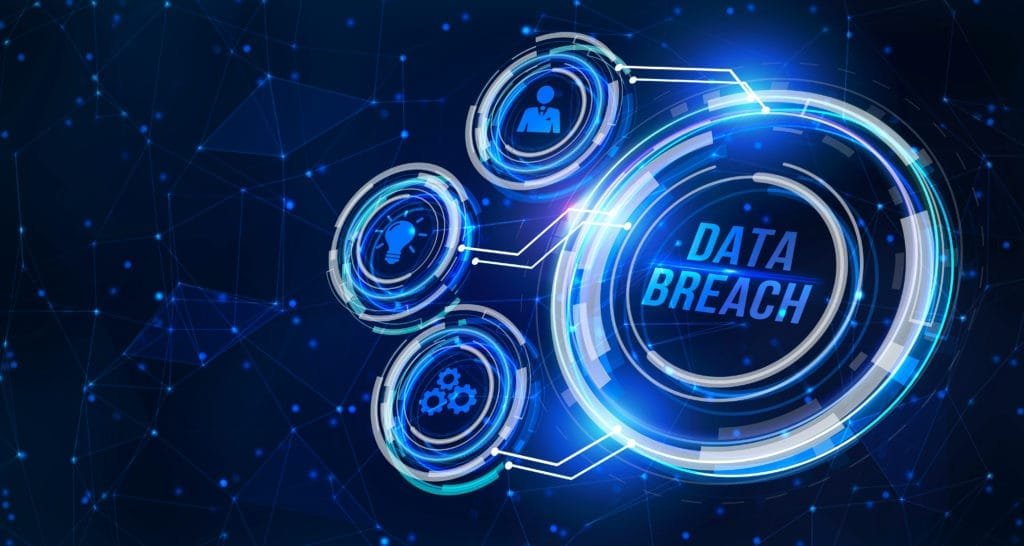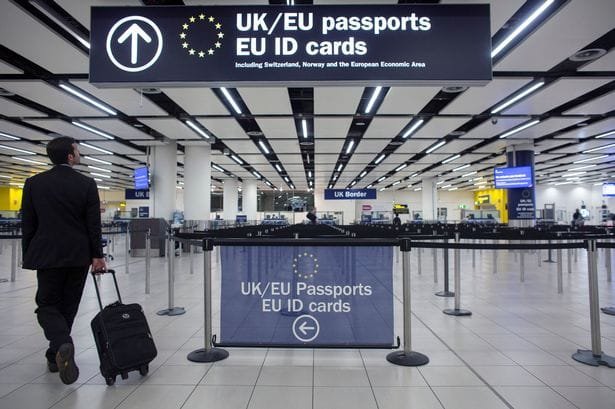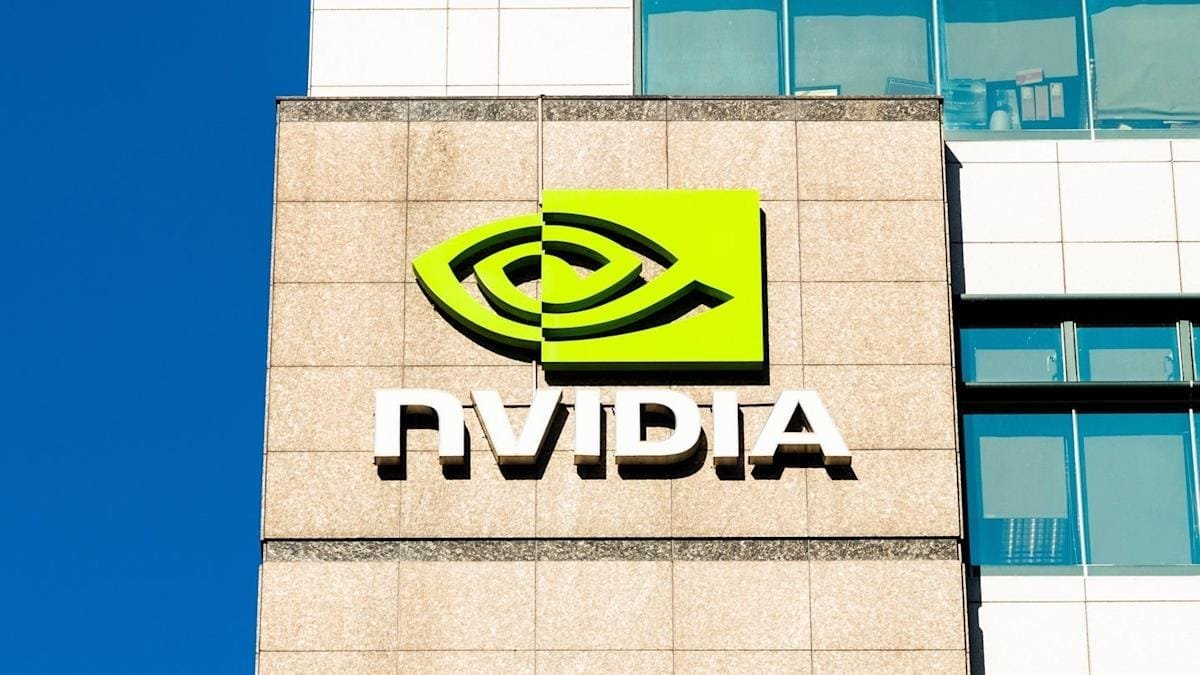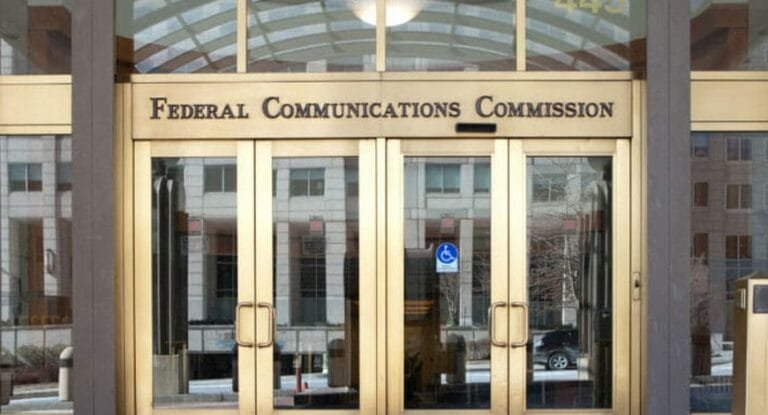
Victims of data breaches can report incidents at cybercrime.gov.in
In this era of cyber security, a news has come out which has created a stir in the entire digital world. More than 16 billion passwords have been leaked which is being described as the biggest data breach ever. This is not just a figure. Rather, there is a huge threat to the online security of crores of people. And this incident forces us to think seriously about the importance of cyber security and the need to keep personal information safe.
What is cyber security?
Before we go deeper into this big data breach, it is important to understand what cyber security is. Cyber security is also known as information technology security or electronic information security. It is the practice of protecting systems networks and programs from digital attacks. And these cyber attacks are usually aimed at accessing, changing or destroying sensitive information, demanding money from users or disrupting regular corporate operations. In today’s world where our daily life depends heavily on technology. And the importance of cyber security increases even more. It helps companies protect themselves from phishing schemes, ransomware attacks, identity theft, data breaches and financial losses.
What is a data breach?
A data breach, also known as data theft, is the unauthorized access, acquisition or retrieval of sensitive or confidential information from a system, network or storage device. And this stolen data may include personal information, financial records, intellectual property, trade secrets or other valuable digital assets. Data theft poses significant threats such as economic loss, identity fraud, reputation damage and legal consequences. And 16 billion password leak is an unprecedented threat
According to recent reports, cybersecurity experts have confirmed the theft of more than 16 billion login IDs and passwords. And this figure has been recorded as the largest password leak ever. Vilius Petkauskas of research firm Cybernews said that he has identified 30 different datasets. And each of which contains from millions to 3.5 billion user records. And this leak is not limited to just one company. Rather, login credentials of users of many other major companies including Apple, Facebook, Google are also being reported to be included in it.
This leak is related to various online services. These include social media accounts, VPN services, developer portals and even government sites. This shows how wide the reach of cybercriminals has become and they can break into any platform.
Main reasons for password leak
There can be many reasons for password leak. Some of the major ones are as follows Weak or repeated passwords. Users often use easy or the same password for multiple websites and services. And if the password is leaked on one service. Then attackers can use it to break into other accounts.
Phishing attacks on 16 billion passwords leaked
Attackers try to get their login credentials from users through fake websites or emails. And if users inadvertently enter their information. Then it reaches the hackers. And malware and spyware malware programs secretly steal data from users’ devices. These malware often get installed on the user’s device and record their username and password and send it to the attackers. Breach in third party services If you share your login information with a third party app or website and there is a data breach in that service. Then your passwords can also be leaked. Server breach The website or service you use. Its server can be attacked. Due to which the user data stored there, which can also include passwords. Get hacked.
Possible effects of this big data breach
The leak of 16 billion passwords can have many serious consequences Identity theft Attackers can steal the identity of users using stolen passwords and make fraudulent transactions in their name. Financial fraud Leaking of passwords related to bank accounts, credit cards and other financial services can lead to direct financial loss. And misuse of private data Attackers can gain access to email, social media and other private accounts. And due to which private messages, photos and other sensitive information can be misused. and Blackmail and extortion In some cases attackers may use the stolen data to blackmail or extort victims. and Reputation damage For businesses and organizations a data breach can cause serious damage to their reputation and reduce customer trust.
Legal consequences on 16 billion passwords leaked
Companies may face heavy fines and legal action for violating data protection rules. And How can you protect yourself? (Immediate steps) In the wake of this unprecedented data breach, every online user should take immediate steps to protect themselves and Change all their passwords immediately. This is the most important step. And Change the passwords of all accounts that may be included in the leaked dataset (like Apple Facebook Google and other important services) And Create strong and unique passwords Use a long complex and unique password for each account.
It should contain a combination of upper and lower case letters, numbers and special characters. Using a password manager is a good option. Enable two-factor authentication (2FA) wherever possible. Activate 2FA. It adds an extra layer of security. Which includes a second verification step (like a code sent to your phone) in addition to the password. And Beware of suspicious emails and links. Avoid phishing emails. Do not click on any suspicious emails or links. Especially those that ask for your personal information or login credentials.
Monitor your accounts 16 billion passwords leaked
Regularly monitor your bank accounts, credit cards and other online accounts for any suspicious activity. and Keep software and apps updated Always keep your operating system, web browser and all apps updated to the latest version. Updates often include security patches that fix known vulnerabilities. and Use public Wi-Fi with caution. Public Wi-Fi networks are often unsecured. Avoid them or use a VPN when conducting sensitive transactions (such as online banking).
Limit your online activity Be cautious about sharing your personal information (such as date of birth, address, phone number) on social media and other public platforms. and Back up data Regularly back up your important files and data so that you can recover them in case of data loss. and Use password checkers Some online services and browser extensions (such as Google Chrome’s Password Checkup) can help you check if any of your passwords have been exposed in a data breach before.
Cyber Security Laws and Legal Actions in India
The primary law to deal with cyber security and cyber crime in India is the Information Technology (IT) Act, 2000. And this act identifies activities like hacking denial of service attacks phishing malware attacks identity fraud and electronic theft as punishable offences. Under the IT Act, the person committing the cyber crime can be punished with a sentence ranging from two years imprisonment to life imprisonment depending on the severity of the offence. The type of punishment depends on the severity of the offence and the harm caused to society or the individual. And if you are a victim of a cyber crime. Then you can take the following steps
File a complaint at the cyber police station
You can lodge a complaint at your local cyber police station. And Complain on the online portal The Government of India has also provided an online portal cybercrime.gov.in to complain about cyber crimes. Online National Cyber Crime Helpline Number Call the national cyber crime helpline number 1930 for quick assistance. And contact your bank In case of financial fraud, immediately contact your bank and get your accounts/cards blocked to avoid further losses.
Conclusion: 16 billion passwords leaked
This incident of 16 billion passwords leak is a serious reminder that cyber security cannot be taken lightly. And with our increasing dependence on the digital world, the threat of cyber attacks has also increased. And it is the responsibility of all of us to be vigilant about our online security and take necessary precautions. Using strong passwords, activating two-factor authentication and being cautious of suspicious activities – these are all important steps that can help protect us from cyber criminals. And governments and tech companies also have to work together to deal with this threat and develop strong mechanisms to ensure the security of users’ data. Ultimately, digital security is a continuous process. And we should always be prepared to stay one step ahead.






2 thoughts on “16 Billion Passwords Leaked: The Largest Data Breach in History”